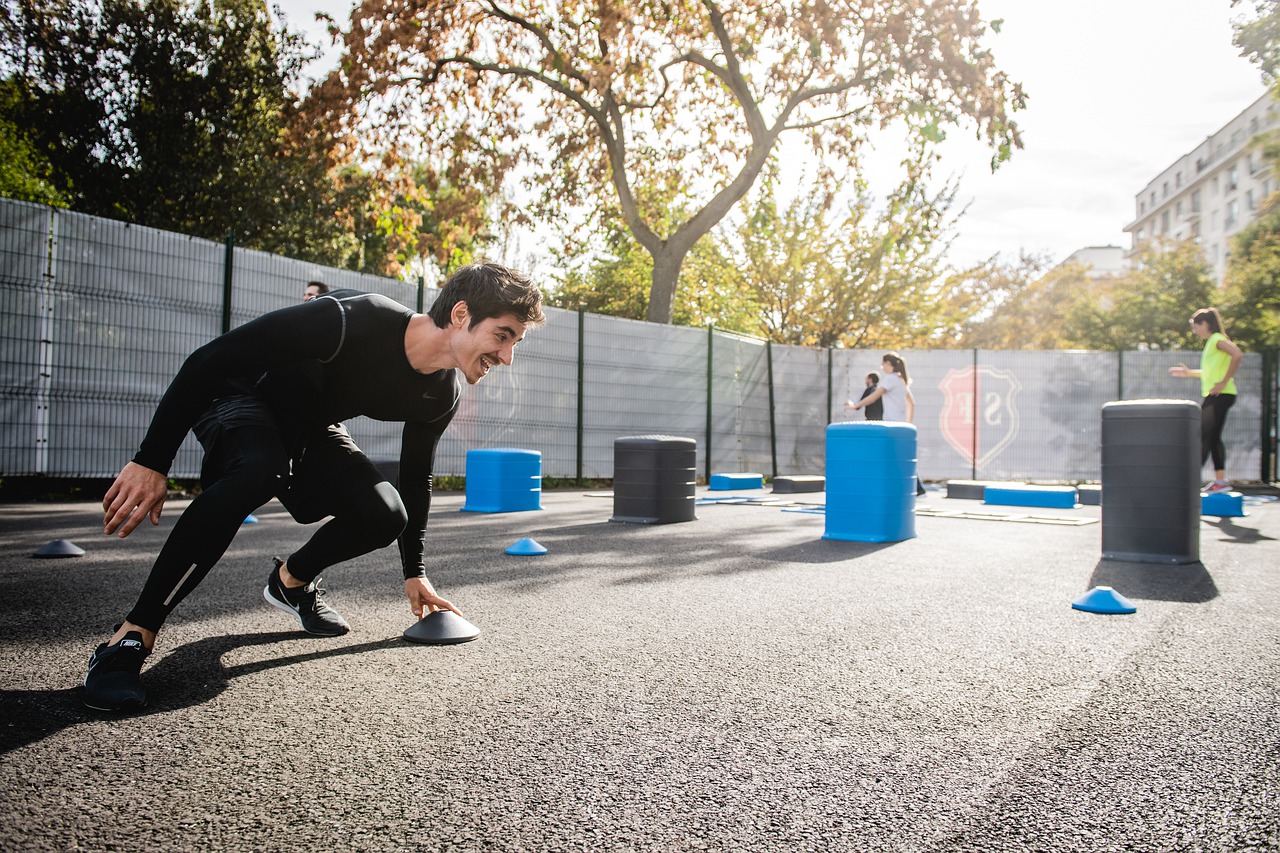By Dr Geoffery. Z. Kohe
For migrant sports workers (e.g., athletes, coaches, managers, administrators etc.), the pandemic has contributed not only to the cessation, interruption and uncertainty of competition, but precipitated wider concerns about immediate employment security, organisational support, and longer-term career sustainability. Several athletes, for example, who regularly compete on the professional international circuits of their respective sports have elected to remain abroad either in Europe or the USA throughout the 2021 season to avoid home country travel restrictions and the high costs and continued uncertainties of extended/regular stays in managed quarantine. Other athletes have chosen not to compete in international fixtures, and others have retired early (e.g. https://www.nzherald.co.nz/sport/athletics-tom-walsh-considering-spending-2022-season-abroad-due-to-miq-issues/UFG3XF4ITIHR55EV2LJOX22W5Y/; https://www.bbc.co.uk/sport/football/58716681; https://www.abc.net.au/news/2021-05-10/queensland-covid19-athletes-mental-health-battle-tokyo-olympics/100114440). In some cases, migrant sports workers playing abroad (particularly those on short-term contracts and/or short-term visa arrangements) have had opportunities, and the financial and practical means, during the pandemic to return to their home countries. Whereas in some cases sports workers’ mobilities and employment/playing securities have been mediated with the assistance of agents, domestic clubs, national or international federations, their social networks or personal finances, this has not been the case for others. As this perspective on the situation in China illustrates, experiences have not been universal not necessarily equitable.
In China, the focus of our current research (https://journals.sagepub.com/doi/full/10.1177/10126902211009444), the initial and on-going effects of COVID-19 have been particularly hard felt with the rigid and prolonged closing of Chinese national borders, closer surveillance, regulation and policing of individuals’ private lives and public spaces, heavier restrictions placed upon domestic mobility and tighter regulation of foreign migration back into the country. To note, China is a considered a country with very small international migrant intake, yet substantive State investments have been made to present itself as an attractive global destination for highly skilled global migrants. Within this context, access to sport and physical activity form a key part of expats’ cosmopolitan consumption, and the country has been successful in attracting various migrant sports workers to develop its domestic sport landscape.
Now, however, the on-going COVID-19 pandemic has had significant consequences for how this cohort of sports workers ply their trade and presented new challenges that have undermined the country’s migrant sport communities. Such issues have also had knock-on effects for individuals’ personal health and wellbeing, support networks, family life and migratory arrangements. For example, with regards to whether individual migrants can sustain participation in professional leagues, if domestic and transnational travel routes for competition and/or career progression remain open or feasible, if trajectories to return ‘home’ post-sport career are hastened or delayed, and concerns over mass exodus of expat ‘talent’ back to home countries. The draining of talent has not just been problematic for performance, but also to the loss of logistical expertise and key sector administrators. With many professional players also holding other forms of employment contingent on national-visa conditions, there also remains continued precarity which, in turn, has also generated feelings of ambivalence and apathy among the community toward continued sport participation.
Echoing existing analysis on Chinese high skilled migrant communities, participants’ lives in our research were characterised by expected degrees of cosmopolitan living, globalised consumption, mediated domestic immersion, identity navigation and community building, and vary degrees of state/bureaucratic regulation and surveillance. Although participants spoke quite positively of their in situ situations, there were degrees of consensus about the value of social networks for countering the effects of work-life pressures, isolation, culture shock and home-country association desires. Here, social networks developed through sport engagement (colloquially referred to as ‘drinking clubs with a sport problem’) were seen as integral to maintain connections to home cultures. Beyond this, professional sport fraternities opened-up new connections and career opportunities, access to playing spaces (crucial in China where public land to play is extremely limited and private access difficult to negotiate) and means to navigate local bureaucracies. Occasionally, this also provided substantial means for creative sporting entrepreneurialism (such as strategic use of foreign-teacher recruitment to feed development of professional sport leagues).
While some migrant sports workers may have harboured desires to continue playing within their host countries or to return home, these decisions have been thwarted by the ever-changing and uncertain pandemic landscape (particularly vis-à-vis domestic restrictions on movement, social distancing, limitations on physical spaces, transnational migration and travel controls, and continued public health surveillance and policing). Nonetheless, the pandemic has galvanised many who remain in China and there are still dedicated individuals keen to drive professional sport development. Such individuals and groups have also sought assistance from external organisations and expat home communities and sport organisations (for example, KEA Kiwi organisation https://www.keanewzealand.com/ and ASAS (Active Sport Active Social) expat sport club http://www.asas.com.cn/). Beyond this, efforts are being made to utilise the moment as a catalyst to drive domestic interest that sustains professional sport leagues and provides new routes for elite athlete mobility (e.g., via Universities and Chinese national students).
Irrespective of these activities, further research is needed to understand the scope of experiences, and the impact of pandemic on sports workers lives and mobilities, broader career-related decisions, and their welfare and mental health. To these ends, lessons can also be taken from research that has demonstrated the resilience and agency of professional sport workers to navigate uncertain and challenging contexts. In illustrating the value of experience, social networks and adjusting/coping strategies, such work may offer useful guidance for those sports workers in China and elsewhere seeking more effective ways to manoeuvre through these COVID-19 times.

